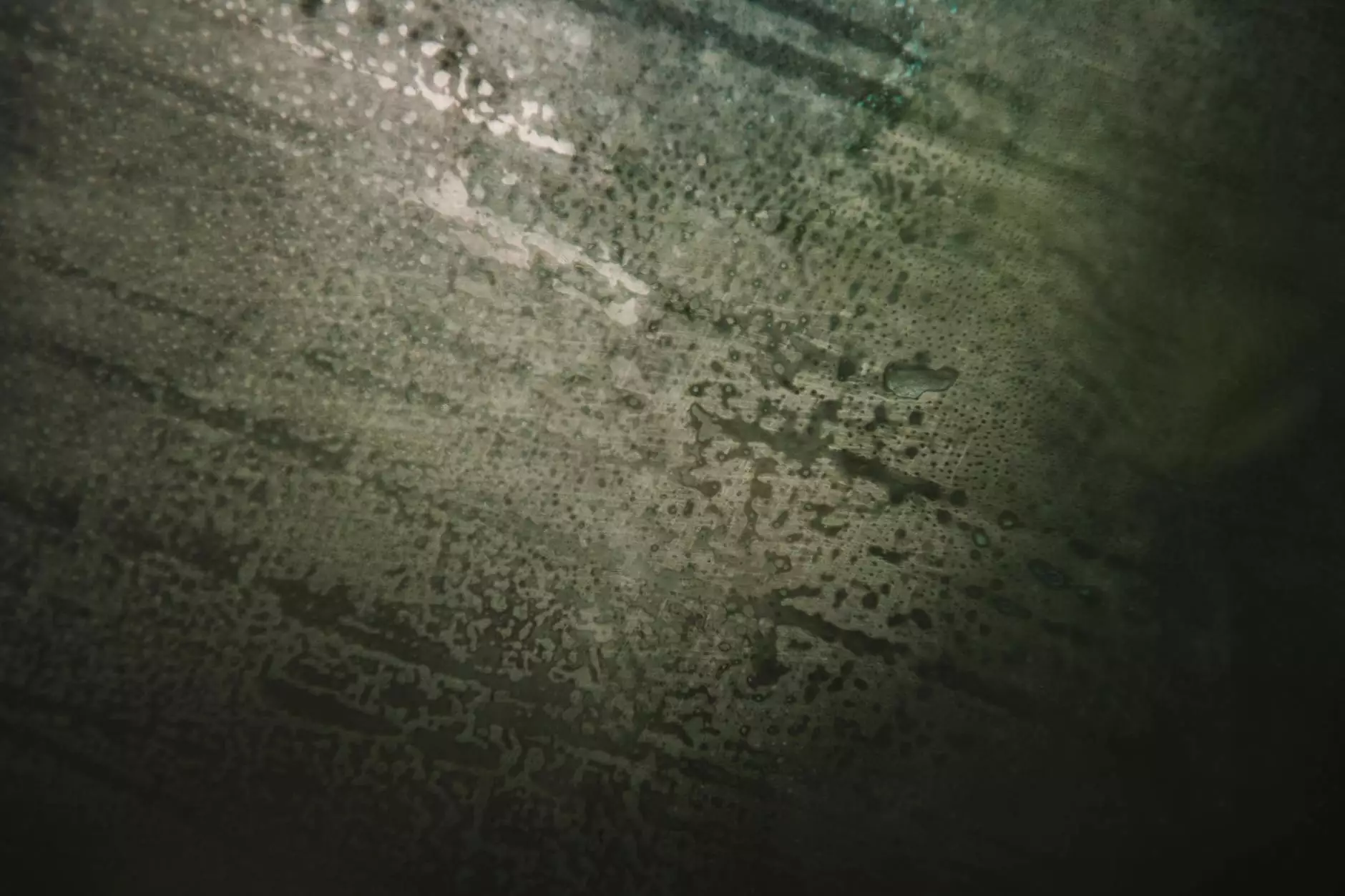Understanding Teeth Grinding at Night Guard: A Comprehensive Guide

Teeth grinding at night, medically known as bruxism, is a common issue faced by many individuals. It can lead to significant dental problems, pain, and even sleep disturbances. Fortunately, a teeth grinding at night guard can provide an effective solution. In this article, we will explore everything you need to know about teeth grinding, the role of night guards, and how they can enhance your quality of life.
The Problem of Teeth Grinding
Teeth grinding can occur for various reasons, including:
- Stress and Anxiety: High levels of stress and anxiety are among the most common triggers for bruxism.
- Sleep Disorders: Conditions such as sleep apnea can contribute to teeth grinding.
- Misaligned Teeth: An improper bite or misaligned teeth can force your jaw to grind against your teeth during sleep.
- Medications: Certain medications, especially antidepressants, can have bruxism as a side effect.
While occasional grinding may not cause noticeable damage, chronic bruxism can lead to serious dental issues.
Consequences of Teeth Grinding
If left untreated, teeth grinding can result in a series of uncomfortable and potentially harmful consequences, including:
- Tooth Damage: Continuous grinding can wear down tooth enamel, leading to sensitivity, cracks, and even tooth loss.
- Jaw Pain: The constant pressure exerted on the jaw can result in temporomandibular joint disorders (TMJ), causing pain and discomfort.
- Headaches: Frequent teeth grinding can lead to tension headaches or migraines.
- Disrupted Sleep: Grinding can disturb your sleep patterns, making you feel fatigued and irritable.
The Importance of a Teeth Grinding at Night Guard
A teeth grinding at night guard is a specially designed oral device worn while sleeping. This guard serves to protect the teeth from the damaging effects of grinding. Here’s why investing in a night guard is crucial:
1. Protection of Teeth
One of the primary functions of a night guard is to prevent tooth wear and damage. By creating a barrier between your upper and lower teeth, it minimizes the direct impact of grinding, preserving your dental health.
2. Relief from Jaw Pain
Night guards are designed to adjust the position of your jaw, which can alleviate discomfort from TMJ disorders. They help to relax the jaw muscles, reducing the strain that leads to pain.
3. Improved Sleep Quality
By wearing a night guard, you can significantly reduce the frequency and intensity of grinding, which can lead to a more restful sleep. This improvement can have a positive impact on your overall health and daily functioning.
4. Cost-Effective Solution
Consider the long-term costs associated with untreated bruxism, such as dental repairs and treatments for associated symptoms. A teeth grinding at night guard can save you money by preventing these issues before they escalate.
Types of Night Guards
There are several types of night guards available, and your dentist can help you choose the best option based on your specific needs:
1. Soft Night Guards
Soft night guards are made from a flexible material and are ideal for individuals with mild bruxism. They provide a comfortable fit and are easy to wear throughout the night.
2. Hard Night Guards
Hard night guards are created from a durable material and are recommended for those with more severe grinding issues. They are designed to withstand high pressure and provide better protection and longevity.
3. Hybrid Night Guards
Hybrid models combine soft and hard materials, providing both comfort and durability. These are suitable for individuals looking for a balance between protection and comfort.
4. Custom-Fitted Night Guards
Your dentist can create a custom-fitted night guard tailored to your mouth’s unique shape. This ensures a perfect fit and maximizes protection and comfort.
How to Get a Teeth Grinding at Night Guard
To obtain a teeth grinding at night guard, follow these steps:
- Consultation: Schedule an appointment with your dentist to discuss your symptoms and concerns regarding teeth grinding.
- Examination: Your dentist will conduct a thorough examination of your teeth and jaw to assess the extent of any damage and the severity of bruxism.
- Impression: If a night guard is deemed necessary, your dentist will take impressions of your teeth to create a custom-fitting guard.
- Follow-Up: After your guard is made, you’ll have a follow-up appointment to ensure proper fit and function.
Tips for Using Your Night Guard
To get the most benefit from your teeth grinding at night guard, consider these helpful tips:
- Clean Regularly: Maintain proper hygiene by cleaning your night guard regularly with warm water and mild soap.
- Store Properly: When not in use, keep your guard in a protective case to prevent damage and contamination.
- Regular Check-Ups: Visit your dentist for regular check-ups to assess the condition of your night guard and any associated dental health issues.
- Be Consistent: Wear your night guard consistently to maximize its benefits and protect your teeth effectively.
Conclusion
Teeth grinding can lead to a variety of dental health issues, but a teeth grinding at night guard offers a practical and effective solution. Whether you’re dealing with stress, sleep disorders, or dental misalignments, investing in a night guard can protect your teeth, alleviate jaw pain, and improve your sleep quality. Don’t leave your dental health to chance—consult with Medental SF to explore your options for a custom-fitted night guard today.
Contact Medental SF
If you are experiencing symptoms of bruxism or would like to know more about how a teeth grinding at night guard can help you, contact Medental SF. Our team of experienced professionals is here to provide you with the highest quality dental care tailored to your needs. Don't hesitate—your smile deserves the best protection!









